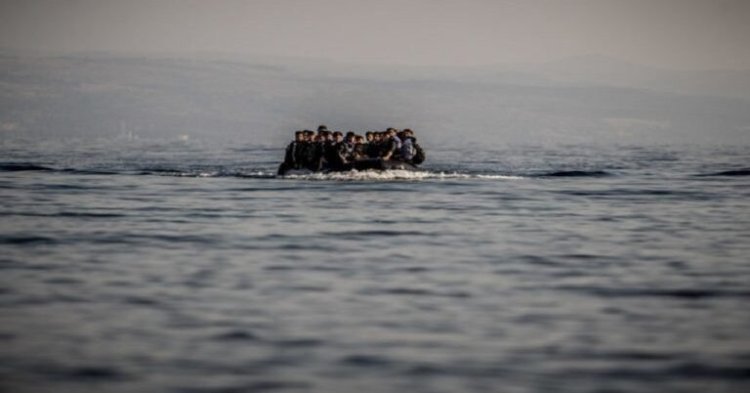In April this year, the UK government announced a deal with the government of Rwanda in which any person arriving to the UK ‘illegally’ could be sent to Rwanda on a one-way ticket for ‘processing’. The first flight as part of this controversial partnership was given the go-ahead last month. In a turbulent turn of events, the decision was immediately taken to court, however the Court of Appeal then announced that the flight would indeed take place. At the eleventh hour, minutes before its scheduled take-off, a ruling by the European Court of Human Rights finally stopped the flight from taking place.
What is the deal?
For asylum seekers who are fleeing war, violence, and persecution, the UK’s new deal means that instead of being processed in a detention centre in the UK, they could be sent to Rwanda. The expectation is that asylum seekers sent to Rwanda will not come back - in fact, their journey is a one-way fare, and it is expected that those who qualify may be ‘allowed’ to settle permanently in the country.
Criticism
Unsurprisingly, this agreement has been heavily criticised by the public, politicians, and human rights groups. The UN Refugee Agency (UNHCR) reportedly twice warned the UK that the decision was unlawful, expressing ‘strong opposition and concerns’ over the deal. This deal has been made despite the fact that the UK has signed the 1951 Refugee Convention, as well as the UN Declaration of Human Rights. According to the BBC, the number of scheduled deportees on the initial flight has reduced from 37 to 11, due to legal challenges relating to modern slavery and human rights.
LGBTQ+ asylum
This decision has been particularly criticised by LGBTQ+ rights groups. For LGBTQ+ refugees who are fleeing persecution due to their identities in their home countries, this move will mean that they may end up with a one-way ticket to a country with poor records for LGBTQ+ equality: According to Equaldex, the LGBTQ+ community in Rwanda do not have protection from discrimination and persecution, and same-sex marriage is not recognised. For trans* [1] people, gender transitions are also illegal, and non-binary identities are not recognised.
According to Prime Minister Boris Johnson, ‘Rwanda is one of the safest countries in the world, globally recognised for its record on welcoming and relocating migrants’. However, LGBTQ+ asylum seekers seem to have been either forgotten, or deliberately overlooked. On the UK Government’s website, the UK itself suggests that Rwanda is not a safe place for LGBTQ+ travellers, stating: ‘Homosexuality is not illegal in Rwanda but remains frowned on by many. LGBT individuals can experience discrimination and abuse, including from local authorities. There are no specific anti-discrimination laws that protect LGBT individuals’. If Rwanda is not a safe place for British citizens in the LGBTQ+ community, then surely, it cannot be considered safe for anyone - including refugees.
‘Infinite’ compassion?
In the announcement of the deal, Johnson described the motivation for the move: ‘Our compassion may be infinite, but our capacity to help people is not’. The UK government claims that the decision is aimed at stopping the deadly business of people-smuggling across the channel, arguing that the response could be considered ‘humanitarian’ because it aims to reduce deaths across the channel.
However, human rights and refugee charities argue that the root of the issue is within the government’s control - that is, increasing the number of safe routes across the English channel, so that asylum seekers will have less reliance on illegal, life-threatening routes. Enver Solomon, Chief Executive of the Refugee Council, told Channel 4 that the move: ‘won’t deter people from crossing the channel [...] it won’t address any of the real reasons why people flee’.
Despite suggesting the UK does not have the resources to process asylum seekers in the UK, the scheme will reportedly cost the UK government £120 million as an initial cost, with former Labour Member of Parliament (MP) Chris Bryant stating: ‘it would be cheaper to put people up at the Ritz’.
For all asylum seekers coming to the UK, this decision represents a further barrier in their access to safety from war, persecution, and horror. Finally, for those who defend the policy - could there be a more tangible symbol of rejection than literally, physically, expelling people in need to somewhere thousands of miles away? It must be recognised and condemned as, ‘a cruel, draconian policy, that treats people - vulnerable people [...] as human cargo’.


Follow the comments: |
|
